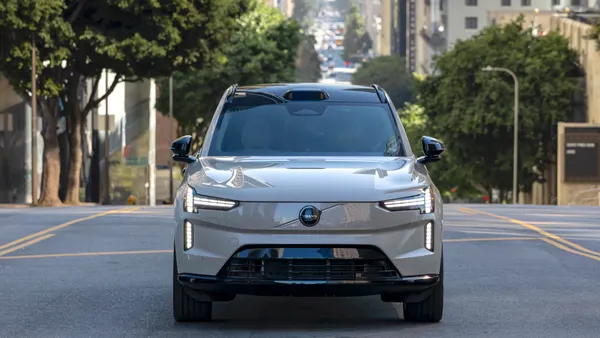Editor's note: This story is part of the WardsAuto digital archive, which may include content that was first published in print, or in different web layouts.
Chrysler LCC executives say metro areas are the main targets for a continued effort to thin dealer ranks.
Urban areas tend to be where Chrysler, Jeep and Dodge brands are overdealered, says Steve Landry, executive vice president-North American sales.
Middle markets aren't so bad regarding excessive numbers of dealers, while rural markets are Chrysler's strongest market-share areas, he says. “We don't want to lose any dealers there. But there are too many in metro areas, no doubt about it.”
Too many same-brand dealers in a given area usually leads to smaller profits per store and the tendency for those dealers to compete against each other, rather than against other-brand dealers.
“We need to do whatever we can for our dealers to be profitable,” Landry says at a meeting with journalists here during the NADA convention.
Neither Landry nor Chrysler President Jim Press will say how many dealers they want to see cut. “There's no magic number,” Press says.
The auto maker's dealer count now stands at 3,300, down 287 from last year.
Press says the best way to reduce ranks is through consolidation, with one dealer buying out another. That is becoming increasingly attractive to would-be sellers as commercial land prices start to creep back up but vehicle sales are expected to be down this year, he says.
Chrysler sold 1.4 million vehicles last year, a drop of 30.3% compared with 2007.
“We want to facilitate consolidation, not push it,” Landry says. “And we don't want to do it at the risk of losing volume or dealers who are doing well.”
Although 2009 is expected to be poor for auto sales, “we want to stay positive,” he says. “It is not going to be a good year for the auto industry, but we have our boxing gloves on.”
Press credits dealers for helping the company fight its way through some of the toughest times.
“They've really shown their strength,” he says. “I've always said that if I ever were in a bar brawl, I'd want our dealers to be there with me.”










